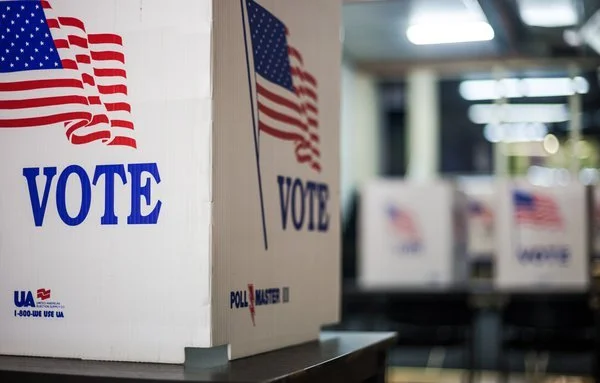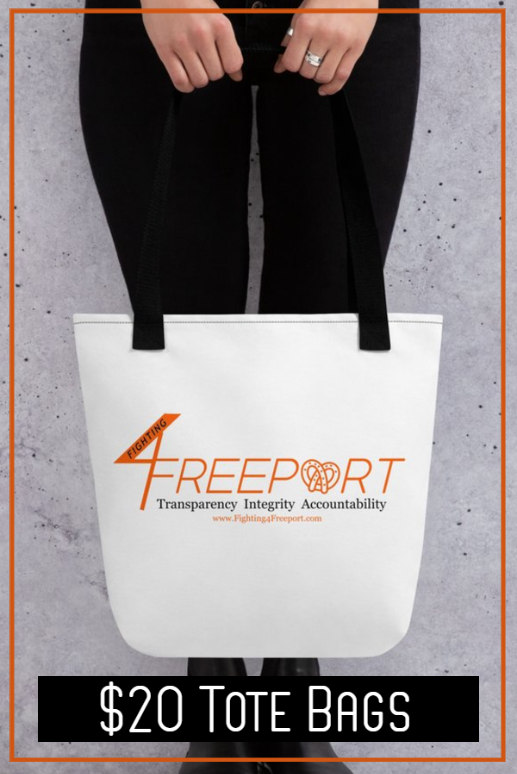Petition Rules Put Party Over People:
Calls grow for election reform as state law blocks voters and volunteers from crossing party lines
FREEPORT, IL – July 18, 2025
In a state long criticized for political entrenchment, Illinois’ strict petition signature rules are once again drawing fire for reinforcing party dominance and limiting voter participation in the electoral process.
Under current state election law, anyone circulating nominating petitions — whether a paid worker or a grassroots volunteer — is prohibited from collecting signatures for more than one political party in a single election cycle. Likewise, voters themselves are barred from signing nominating petitions for more than one party’s candidate running for the same office during that cycle.
The impact? According to critics, these restrictions prioritize party control over the democratic will of the people — and the rules are working exactly as designed.
“These outdated petition laws don’t serve democracy — they serve the political elite,” said Joshua T. Atkinson, a Republican candidate for Illinois State Senate District 45 who is running on a platform of sweeping electoral reform. “Voters should be free to support the best person for the job, not be forced into loyalty tests for one party or another.”
Illinois law does not allow circulators to switch between parties or collect signatures for both a party candidate and an independent in the same election cycle. This “dual circulator” restriction was upheld by the Illinois Supreme Court in 2021 after a lower court ruled against a candidate whose circulators had previously worked for a Democratic campaign.
Meanwhile, any voter who signs a petition to get a Republican on the ballot for state senate, for example, cannot legally sign a petition for a Democrat running for the same primary election — even if both candidates are in their own neighborhood or equally known in the community.
Barriers to Entry Favor Party Machines
The impact of these laws goes beyond the technicalities of election paperwork. Reform advocates argue the real damage lies in how the system discourages participation, suppresses independent voices, and limits choice.
Each of the two major parties — Republican and Democrat — benefits from lower signature thresholds and greater access to established political infrastructure. Independent and new party candidates, by contrast, face significantly higher barriers to access. In some cases, independents must gather five times as many signatures as party candidates just to qualify for the ballot.
“It’s not just broken — it’s built that way,” Atkinson added. “Both parties have had decades to fix this. They haven’t, and they won’t. That should tell you everything you need to know.”
Voters Feeling Left Behind
Political observers say the real-world result is a growing sense of disillusionment among voters — especially those in small towns and rural areas. The rules leave many residents feeling politically homeless, unable to support candidates who truly represent their views without fear of invalidating their involvement.
“It’s a system that punishes flexibility and rewards blind loyalty,” said one former election judge from northwestern Illinois. “That’s not democracy — that’s a rigged game.”
A Call for Reform
Advocates for reform say it’s time to reimagine the election process in Illinois. Proposed changes include:
Lifting the ban on cross-party petition circulation.
Allowing voters to sign for candidates across party lines.
Reducing the signature burden on independent and new party candidates.
Atkinson, who recently announced his candidacy to challenge incumbent State Senator Andrew Chesney in the Republican primary, has pledged to push for those reforms if elected.
“I’m running to fight for real election reform that puts people over party,” Atkinson said. “Illinois deserves elections that reflect the will of the people, not the backroom deals of political machines. This is about representation, plain and simple — and I intend to make sure the people of Illinois never have to settle again.”
Residents Urged to Get Involved
For now, Atkinson backed by other reform advocates are encouraging residents to educate themselves and demand more from their leaders.
“Support candidates who aren’t just using reform as a talking point,” he said. “Support the ones willing to challenge the very system they’re trying to get elected through.”
Until then, many voters across Illinois will continue to face an uncomfortable truth: the rules aren’t broken — they’re working just as the parties intended.
—Brought to you and Paid for by Fighting4Freeport







